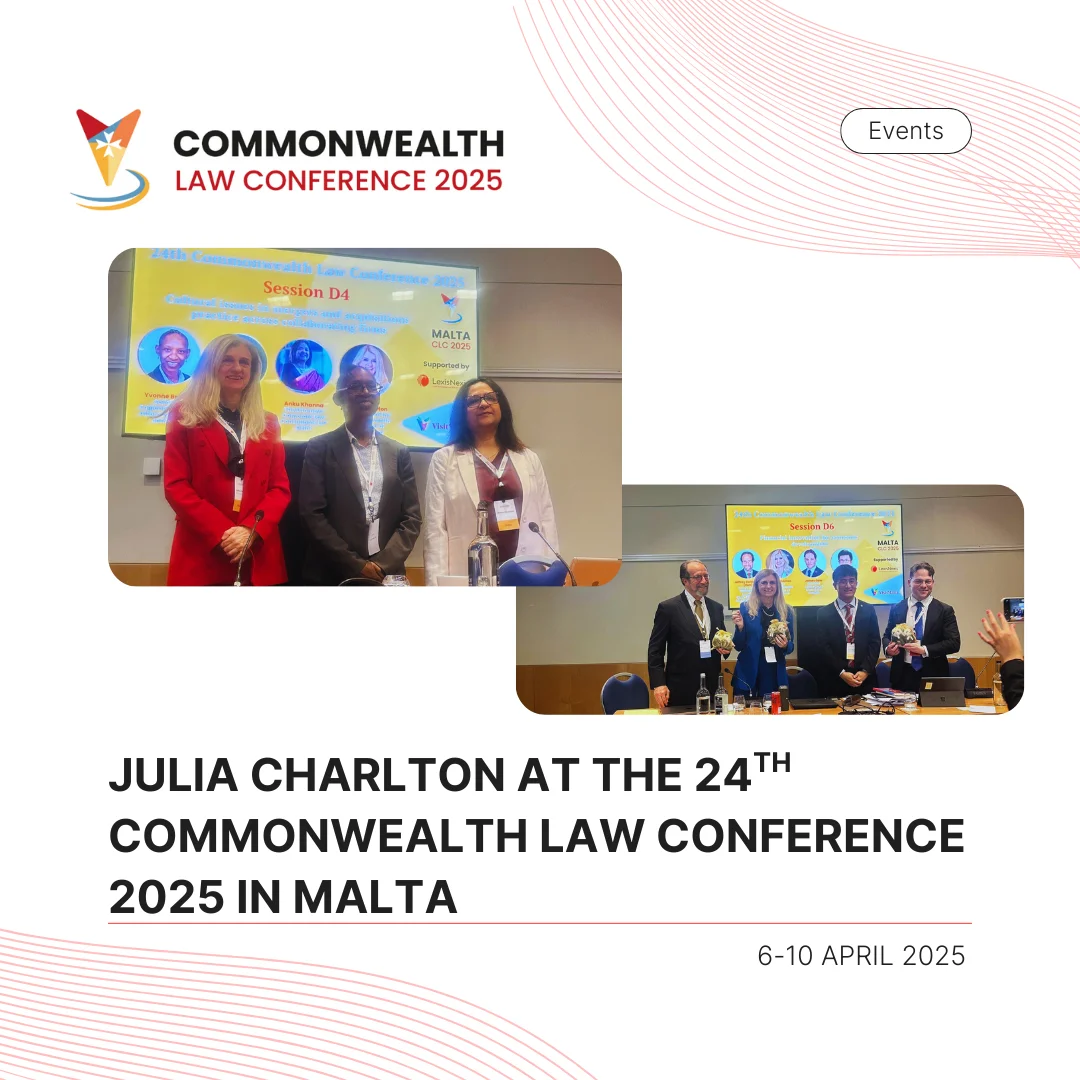Hong Kong Sponsor Due Diligence Guidelines

The regulatory regime for IPO sponsors in Hong Kong
Hong Kong IPO Due Diligence Guidelines establish Hong Kong as “global standard bearer”
The Hong Kong Sponsor Due Diligence Guidelines, published in September 2013 to provide guidance on meeting revised standards of sponsor due diligence for Hong Kong IPOs, constitute a globally-unique set of guidelines on the conduct of IPO due diligence and an essential reference for Hong Kong sponsors and others working on Hong Kong equity listings. The guidelines can be downloaded free online in English at www.duediligenceguidelines.com and in Chinese at www.duediligenceguidelines.cn.
The 583-page guidelines were the result of extensive consultation involving more than 20 leading Hong Kong law firms, two of the Big Four accounting firms and more than 40 banks or corporate advisory businesses. They included most of Hong Kong’s international and mainland Chinese investment banks and a number of smaller local institutions.
The impetus for the Guidelines were sweeping changes to sponsor regulation proposed by the Hong Kong Securities and Futures Commission (the SFC). These included legislative amendments specifying that IPO sponsors are potentially criminal liable for inaccurate or misleading prospectus information under the Companies (Winding Up and Miscellaneous Provisions) Ordinance. In the event, the SFC concluded that the amendments were unnecessary as sponsors are already covered under the existing criminal provisions. However, the SFC implemented tighter regulatory standards for Hong Kong IPO due diligence under a newly added Paragraph 17 (Paragraph 17) to the SFC’s Code of Conduct for Persons Licenced by or Registered with the Securities and Futures Commission (Code of Conduct), and corresponding amendments to the Hong Kong Stock Exchange’s Listing Rules (Hong Kong Listing Rules), which took effect on 1 October 2013.
The objective of the revised regulatory regime for Hong Kong IPO sponsors was to promote standards of due diligence for Hong Kong equity listings with a view to maintaining the integrity of the Hong Kong equity market by assuring the quality of information disclosed in listing documents. A key change introduced was that Hong Kong IPO due diligence is now required to be “front-loaded” – that is, completed, so far as is possible, before the draft listing document, the Application Proof, is submitted with a company’s application to list in Hong Kong. The Application Proof is made publicly available on the websites of the Hong Kong Stock Exchange and the listing applicant on submission of an application to list. If the Application Proof is subsequently found not to be “substantially complete”, it will be returned by the regulators and the fact that it has been returned will be published on the Stock Exchange’s website to “name and shame” the listing applicant and its sponsor. An eight-week moratorium then applies before a revised listing application can be submitted.
While sponsors understood the rationale for the changes, there was real concern that Paragraph 17 and the revised Hong Kong Listing Rules provided little guidance on the very practical issue of how to meet the expected standards. The Hong Kong Due Diligence Guidelines attempt to address that issue in detail. The aim behind the guidelines was very much to describe the practical steps that can be taken to fulfill the regulatory requirements. The chapters follow a common format: a statement of the standard set out in Paragraph 17 of the Code of Conduct, followed by guidance on the scope and objectives of the standard and then recommended steps to achieve the standard. Above all, the guidelines aim to set out what the Hong Kong sponsor industry considers to be good practice in terms of addressing the required standards of due diligence. This is significant given that sponsors’ work is ultimately to be judged “based on what a sponsor’s peers would consider objectively appropriate having regard to all relevant facts and circumstances at the time of making a listing application”.
In most cases, the Hong Kong IPO due diligence process can be conducted in a reasonably conventional and consistent manner. There will clearly be exceptions warranting additional or different steps, but this does not detract from the existence of standard procedures which can be described. It was considered important to set out those standard procedures as a framework for those actually engaged in sponsor work. The guidelines also include all relevant references to guidance and regulatory decisions relating to listing documents and sponsorship work which may further influence the design of due diligence and impact the drafting of listing documents.
Charltons acted as the co-ordinating law firm for the guidelines’ production which involved thousands of hours of work by banks and corporate finance advisers, lawyers and accountants who gave their time generously and freely. “The level of consultation and detail put into the drafting of the guidelines, has not been undertaken anywhere else, and has arguably positioned Hong Kong as a global standard-bearer for IPO due diligence. It is expected that this will further enhance Hong Kong’s unrivalled international expertise in bringing mainland Chinese companies to the market”.
A note of all changes to the sponsor regulatory regime and further guidance issued by the Stock Exchange since the regime took effect in October 2013 has been posted in the “Developments” section of the Hong Kong Sponsor Due Diligence Guidelines website at www.duediligenceguidelines.com. The guidelines themselves are also currently being updated to reflect those changes and the additional guidance and it is expected that the revised guidelines will be published on the guidelines’ website in early 2015.
December 2014

